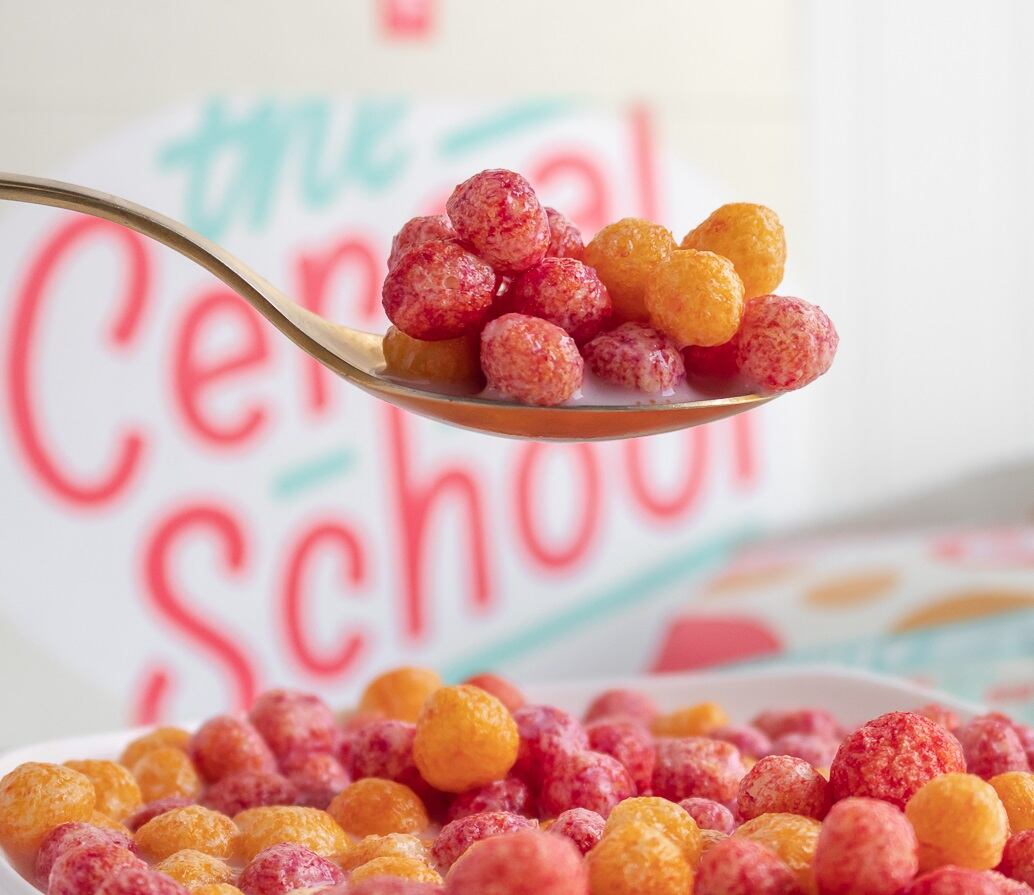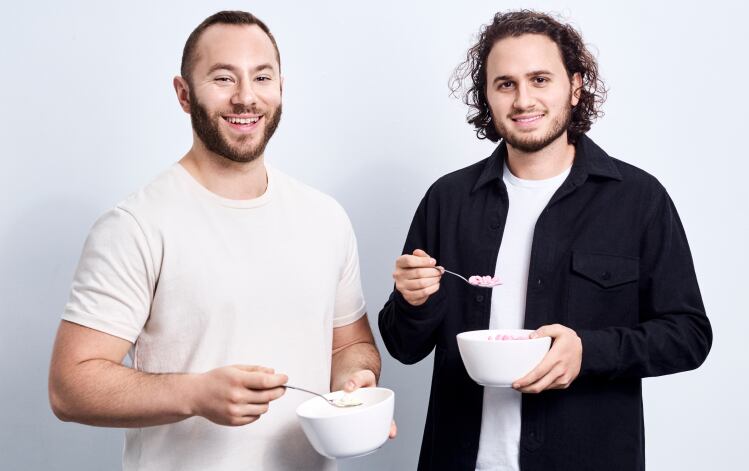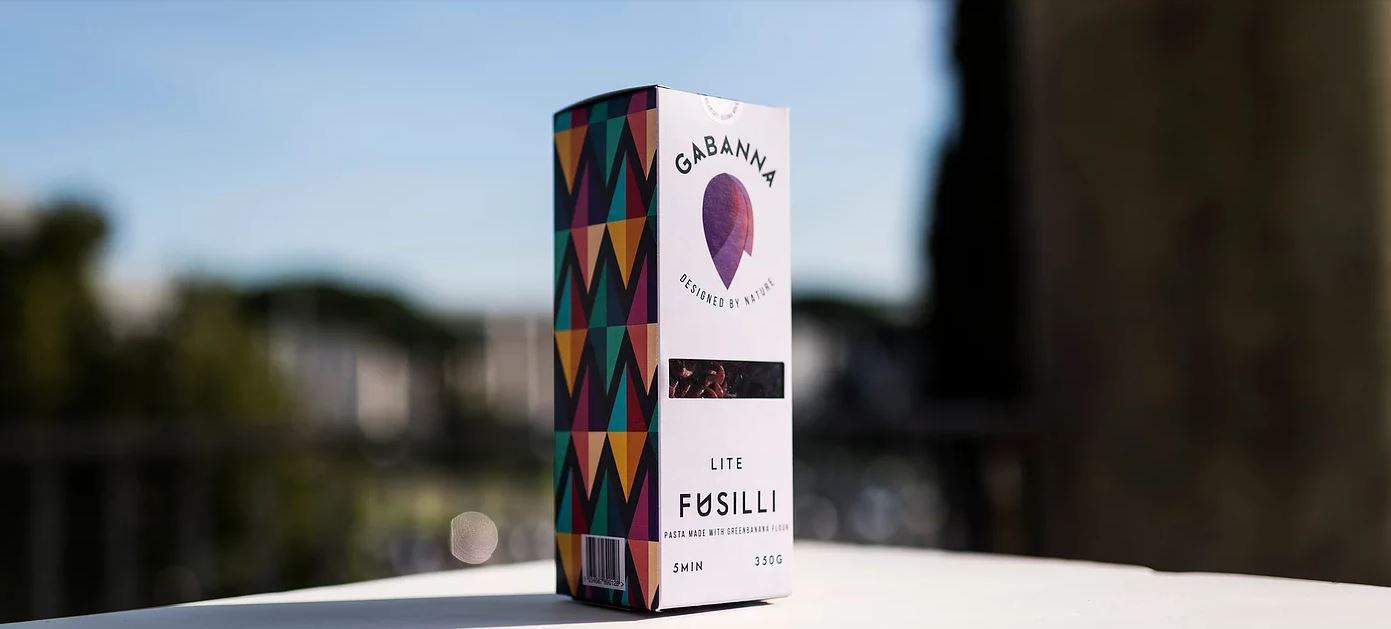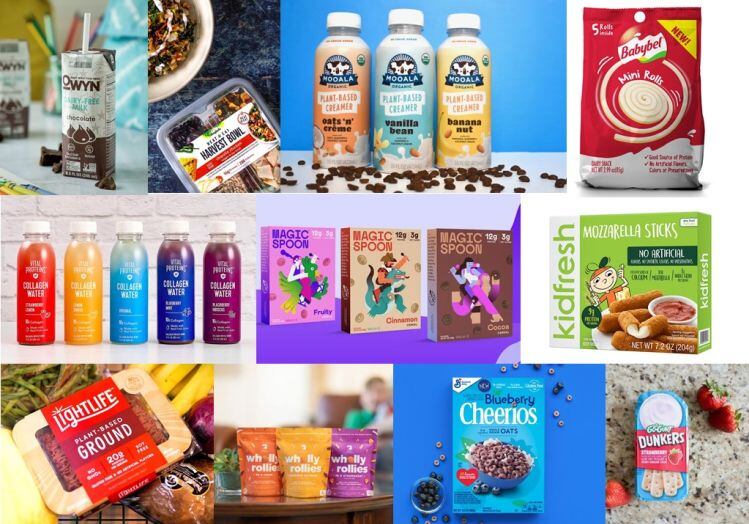Eating sugary cereals as kids was a fond memory for founders of The Cereal School, Kaplan and co-founder Helen Guo, but not an ideal option for the two anymore, who like many Americans are cutting down on sugar in their diets.
"We realized it was really hard to eat food that we loved, especially cereal, and do it without all the sugar," Kaplan told FoodNavigator-USA.
Shortly after graduating from Georgetown University, Kaplan and Guo came up with a sugar-free version of the cereal classics they had grown up with but had trouble finding a co-manufacturer that would take on the project.
"From the beginning, one thing that was very clear to us is that we wanted to make cereal without the sugar. And that was one of things that everyone gave us pushback on," Kaplan said.
"We started reaching out to different manufacturers with our concept and everybody laughed us out of the room. Everyone said this can’t be done. They all thought this was some lofty dream that some recent college grads had."
Not to be deterred, Kaplan and Guo took matters into their own hands and converted their 450-square-foot New York City apartment into their formulation and testing lab to make the cereal, ordering ingredients from all different suppliers.
"We came up with a formula, but we could only take it so far. Ultimately, we had to find a manufacturer that was willing to work with us," said Kaplan. To achieve its sugar-free profile, the brand chose monk fruit after experimenting with multiple natural sweeteners including stevia. According to Kaplan, monk fruit created a taste profile preferred by its customers.
Other ingredients in the product include: lactose-free milk protein isolate, high-oleic sunflower oil, natural flavor, and tapioca fiber.

Immediate demand
After finding a co-manufacturer that would produce their cereal (in two flavors: fruity and cinnamon bun), Kaplan and Guo took to social media where the brand quickly gained a "cult following" on Instagram with consumer drawn to 'throw-back' aesthetic of the brand. Developing a strong online presence has established a constant and responsive dialogue between the brand and its growing audience, explained Kaplan.
"We’ve been bootstrapping since day one, we haven't raised any outside money so we were really lean and scrappy in terms of how we launched and got the word out."
In the first 72 hours of launch in November 2018, the brand sold three months worth of product, and has sold out an additional four times since then.
"That was really exciting but also really problematic because we realized the manufacture we were working with couldn’t handle the volume," Kaplan said.
The Cereal School was able to find another manufacturing with a larger production capacity to start handling the influx of online orders.
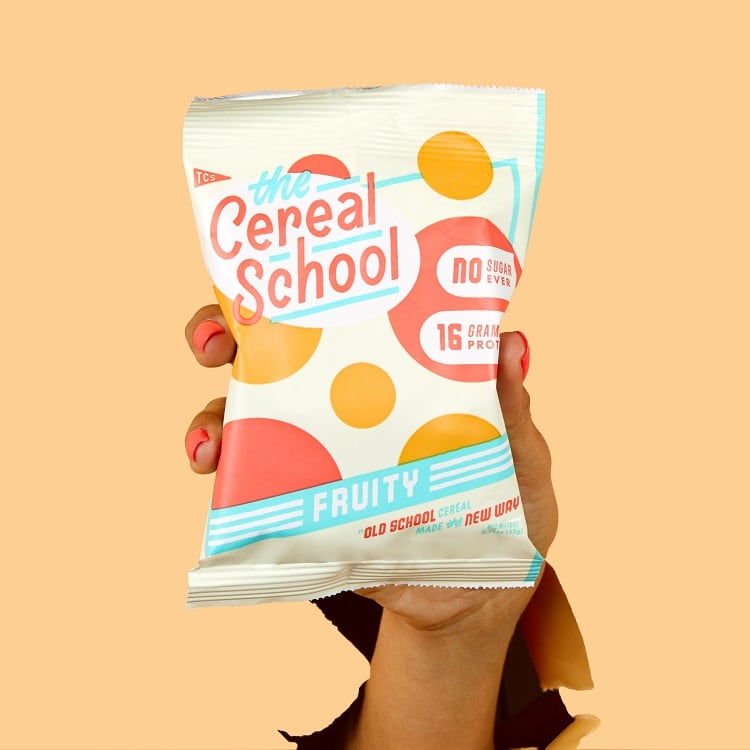
Nostalgia sells
The nostalgia element is a huge part of The Cereal School's marketing and branding strategy that is earning it "mass market appeal," said Kaplan.
"When we thought about cereal, it brought us back to childhood immediately. We want to bring it back in a way that made sense to us now that we’re older," he said.
Achieving a healthy nutritional profile (0g sugar, 1g total carbs, 16g protein, and 100 calories per serving) while also making the cereal more convenient to eat helped bring the products into the modern era, noted Kaplan.
"We wanted to think not just about the nutritionals but the packaging itself," he said. Through talking to their customers, Kaplan and Guo discovered that the traditional multi-serve box of cereal was arguably just as big of an issue for consumers.
"For many people it would go stale before they had time to eat it all," said Kaplan.
The Cereal School comes in pre-portioned pouches designed to be consumed at home or on-the-go as a snack.
Bridging the gap between kids' and 'adult cereal'
A large portion of The Cereal School's sales comes from customers, who like Kaplan and Guo, wanted to enjoy cereal that reminds them of childhood.
"We have found that there is a lot of mass market appeal for this product. We have a large segment of people that buy it for themselves, but also we have a large segment of people that are buying it for themselves and their children," Kaplan said.
"We didn’t want to make just kids cereal and we also didn’t want to make ‘adult cereal’. We were able to bridge that gap and we come out somewhere in between."
While its bootstrapped online presence continues to grow at a strong rate, Kaplan said the brand would like to eventually enter brick & mortar retail where it can go head-to-head with other brands in the cereal aisle.

